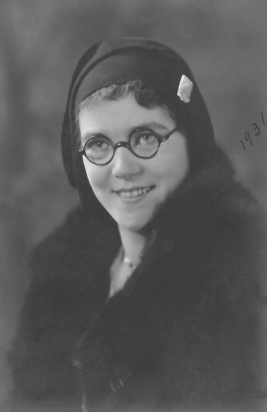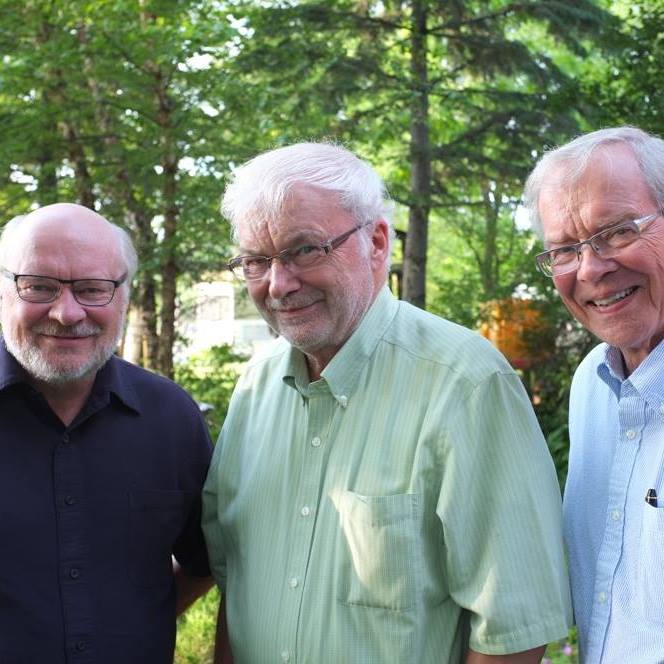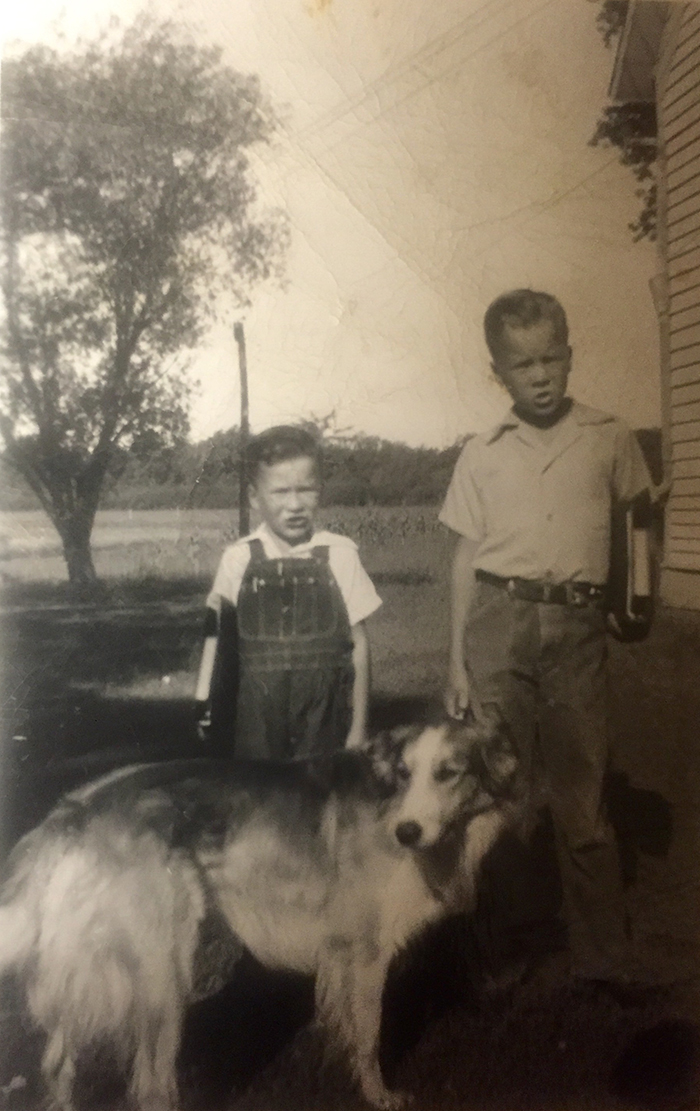John Victor Tyberg, Tribe of Othelia
The Patriarch’s Perspective on the Tribe of Othelia by John Victor Tyberg
(As I begin to respond to Jim’s invitation, I must indicate that this is a conspicuously personal perspective and that I expect that Rod and Jim will provide their own.)
First and foremost, she was a loving mother that imbued in me a sense of security, stemming from the unconditional love that she and Dad gave me. Second, she was my first and greatest teacher who taught me the basic tenets of Christian morality, a respect for scholarship, and a deep love of the language. Finding exactly the right word was important and she appreciated symmetry and cadence.
Her family was very important to our mother but another element in her life stands out more clearly for me, her feelings about her profession and about work, in general.
Before she was married, she was a successful career woman who derived great satisfaction — she would have been uncomfortable with ‘pride’ — from her professional accomplishments. She augmented her Normal School education with further studies at Superior State College and, after years of teaching in one-room schools in Freya, Midway, and Falun she became Supervising Teacher for Burnett County. She later became Superintendent of Schools for Rusk County and she continually recalled her happy days in Glen Flora, her friends there, and her life-long ‘best friend’, Blanche Larson.

Othelia Peterson in 1931
Othelia Peterson in 1931
This is my favorite picture of her which, I think, shows her youthful happiness and joy in her profession. This is most certainly NOT a Pale Galilean image (I refer to the chapter in J. B. Phillips’ Your God is Too Small). I suppose many of us grow sadder as we grow older and, to be sure, I understand some of the issues that, later in life, made her appear so.
She admired the Fornell cousins — Cleora, Gladys, Irma, and their younger brother Earl. Earl died when he was 54 but not before he had earned a PhD in History and had become an authority on the history of Galveston, Texas. (Google Earl Wesley Fornell.) Gladys was a very quiet, ethereal woman who wrote children’s books and plays performed off-Broadway and became an editor for the Princeton University Press. (Google her, too.) Irma was an Administrative Assistant in the office of the President of Columbia University. Cleora, the oldest, was ‘merely’ a receptionist in a doctor’s office but the three sisters lived together in an apartment tower built astride the approach to the George Washington Bridge in New York City, where I visited them in 1968. Each in their own ways, they seemed to reflect the verve and excitement of the City. They had left the Wisconsin community and struck out into the larger world and I believe Mother envied them.
Having my earliest memories come from the immediate post-war period, I suppose it is surprising that I tend to be positive about Germans and ‘German-ness’. I think that largely stems from my feeling about work, having had such a supremely satisfying career. A German, Richard Wagner, gave us Die Meistersinger von Nurnberg, as beautiful a hymn of praise to workers and workmanship as I can imagine. In particular, the central character, the cobbler/poet/Meistersinger Hans Sachs, is one of the characters of literature that I most deeply love and admire.
I believe that Mother (and Dad, to be sure!) would be happy to know how the family fares at the end of 2015. They would be happy to know how much of the world Naomi and I have seen and they would be happy to know how well educated Rob, John Daniel, Philip, and Jack are or are becoming. I hope they would have felt rewarded.

Three old men who have tried to make the world a better place and, occasionally, have succeeded to a degree.
John Tyberg, Tribe of Othelia, Memories, from 2000
Like others of “the cousins,” John’s happiest childhood memory is that of the several Christmas Eves spent at Grandma Peterson’s house. As someone pointed out recently, both Otto and Hulda were quite alone, Otto having no siblings and Hulda’s family being in Alberta. One would like to think that they were derived as much warmth and happiness from their own large family as their grandchildren did.
John’s most bittersweet memory is that of his uncle Roger who was only 12 years older than he. Roger was the idea role model—tall, attractive, an outstanding student, one who had seen the world, and the husband of a beautiful woman who was smitten with him, as he was with her. When he died of renal failure in 1958, it seemed as if an irreplaceable lodestar had fallen from the firmament.

